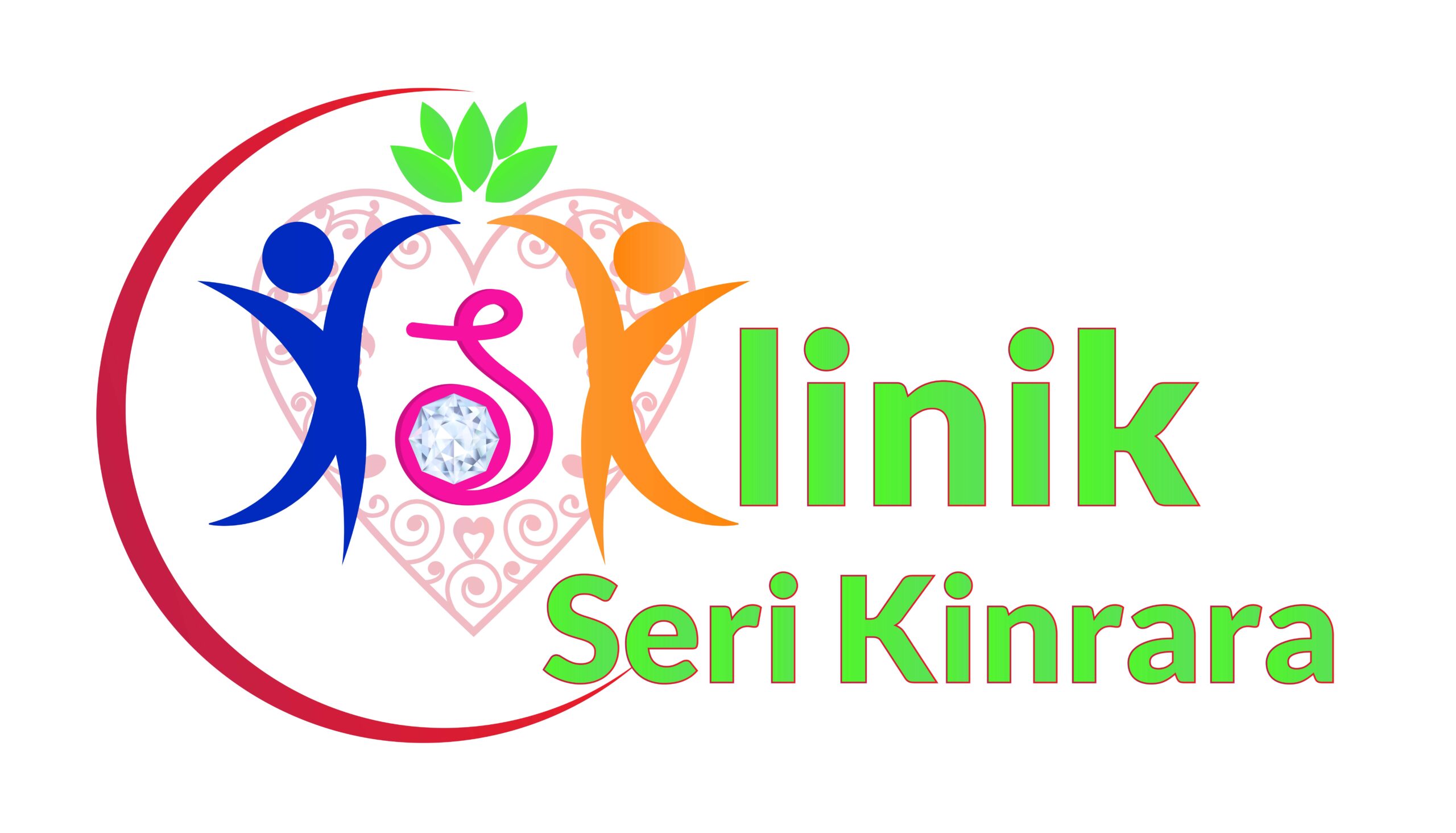Managing chronic diseases involves a comprehensive approach to prevent and control the symptoms, minimize complications, and improve the overall quality of life for individuals living with long-term health conditions. Chronic diseases, such as diabetes, hypertension, asthma, heart disease, and arthritis, require ongoing management and self-care to effectively control the disease progression and maintain optimal health.
Here are some key aspects of managing chronic diseases:
- Medical Care: Regular medical care is crucial for individuals with chronic diseases. This includes consulting with healthcare professionals, such as primary care physicians, specialists, and allied health professionals like dieticians and physiotherapists. These healthcare providers help diagnose and monitor the disease, prescribe appropriate medications, advise on treatment options, and offer guidance on lifestyle modifications.
- Medication Management: Many chronic diseases require medication to manage symptoms, control disease progression, and prevent complications. Proper medication management involves understanding the prescribed medications, adhering to the prescribed dosage and timing, and being aware of potential side effects or drug interactions. Regular follow-ups with healthcare providers are essential to monitor the effectiveness of the medication and make any necessary adjustments.
- Lifestyle Modifications: Adopting healthy lifestyle habits is vital in managing chronic diseases. This includes maintaining a balanced diet, engaging in regular physical activity, managing stress levels, getting sufficient sleep, and avoiding unhealthy habits like smoking and excessive alcohol consumption. Lifestyle modifications play a significant role in controlling symptoms, reducing the risk of complications, and improving overall well-being.
- Self-Monitoring: Individuals with chronic diseases often need to monitor their health parameters regularly. This may involve checking blood glucose levels for diabetes, measuring blood pressure for hypertension, monitoring lung function for respiratory conditions, or tracking weight for heart disease. Self-monitoring helps individuals stay aware of their health status, identify any fluctuations or warning signs, and take appropriate actions in consultation with their healthcare team.
- Education and Self-Management: Education plays a crucial role in empowering individuals to manage their chronic diseases effectively. Understanding the condition, its causes, symptoms, and treatment options helps individuals make informed decisions about their health. Self-management programs and resources are available to teach individuals practical skills to manage their conditions, such as problem-solving, goal-setting, action planning, and decision-making. These programs often focus on enhancing self-efficacy and promoting healthy behaviors.
- Emotional Support: Managing a chronic disease can be emotionally challenging. It is important to seek emotional support from family, friends, support groups, or mental health professionals. Connecting with others facing similar challenges can provide a sense of belonging, reduce feelings of isolation, and offer valuable insights and coping strategies.
- Regular Monitoring and Follow-up: Chronic diseases often require ongoing monitoring and regular follow-ups with healthcare providers. This allows for timely assessment of disease progression, adjustment of treatment plans, and identification of any new symptoms or complications. Staying proactive and maintaining open communication with healthcare professionals is crucial in managing chronic diseases effectively.
Remember, the management of chronic diseases is highly individualized, and strategies may vary based on the specific condition and individual needs. It is important to work closely with our healthcare professionals to develop a personalized management plan that suits your unique circumstances and goals. Contact our clinic today to schedule an appointment with our doctor. https://wa.link/ecrvjh
